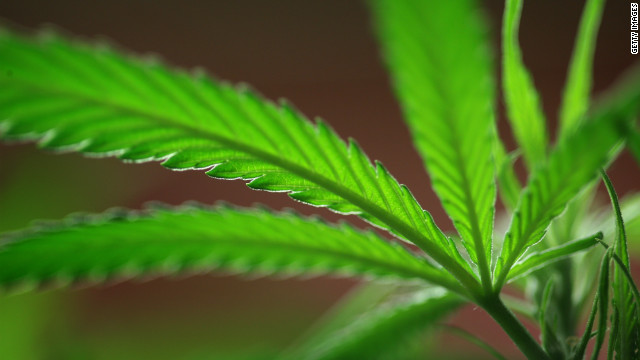EKU | Fire Safety Degree 2 Programs Available. Classes open! 100% Online. Free Brochure here.FireScience.EKU.edu/Online | Stop Drinking Now New Way To Help Drinking Problems. Reduce Drinking In Just 8 Weeks! DrinkLessNow.com Ads by Google |
ALSO SEE
Washington: Scientists have discovered that breakdown of alcohol by the body forms a substance that can damage DNA dramatically and increase chances of cancer, with people of Asian descent at a greater risk.
Researchers from the University of Minnesota found that when human body breaks down, or metabolises, the alcohol in beer, wine and hard liquor, one of the substances formed is acetaldehyde, a substance with a chemical backbone that resembles formaldehyde, a known human carcinogen.
Scientists also have known from laboratory experiments that acetaldehyde can cause DNA damage, trigger chromosomal abnormalities in cell cultures and act as an animal carcinogen.
“We now have the first evidence from living human volunteers that acetaldehyde formed after alcohol consumption damages DNA dramatically,” Silvia Balbo, who led the study, said.
“Acetaldehyde attaches to DNA in humans – to the genetic material that makes up genes – in a way that results in the formation of a ‘DNA adduct.’ It’s acetaldehyde that latches onto DNA and interferes with DNA activity in a way linked to an increased risk of cancer,” Balbo added.
“Alcohol, a lifestyle carcinogen, is metabolised into acetaldehyde in the mouth, and acetaldehyde is forming DNA adducts, which are known major players in carcinogenesis,” Balbo said in a statement.
Balbo pointed out that people have a highly effective natural repair mechanism for correcting the damage from DNA adducts. Most people thus are unlikely to develop cancer from social drinking, although alcohol is associated with a risk of other health problems and accidents.
In addition, most people have an enzyme called alcohol dehydrogenase, which quickly converts acetaldehyde to acetate, a relatively harmless substance.
However, about 30 per cent of people of Asian descent- almost 1.6 billion people- have a variant of the alcohol dehydrogenase gene and are unable to metabolise alcohol to acetate.
That genetic variant results in an elevated risk of esophageal cancer from alcohol drinking. Native Americans and native Alaskans have a deficiency in the production of that same enzyme.
To test the hypothesis that acetaldehyde causes DNA adducts to form in humans, Balbo and colleagues gave 10 volunteers increasing doses of vodka (comparable to one, two and three drinks) once a week for three weeks.
They found that levels of a key DNA adduct increased up to 100-fold in the subjects’ oral cells within hours after each dose, then declined about 24 hours later. Adduct levels in blood cells also rose.
The study was presented at the 244th National Meeting & Exposition of the American Chemical Society.
PTI




